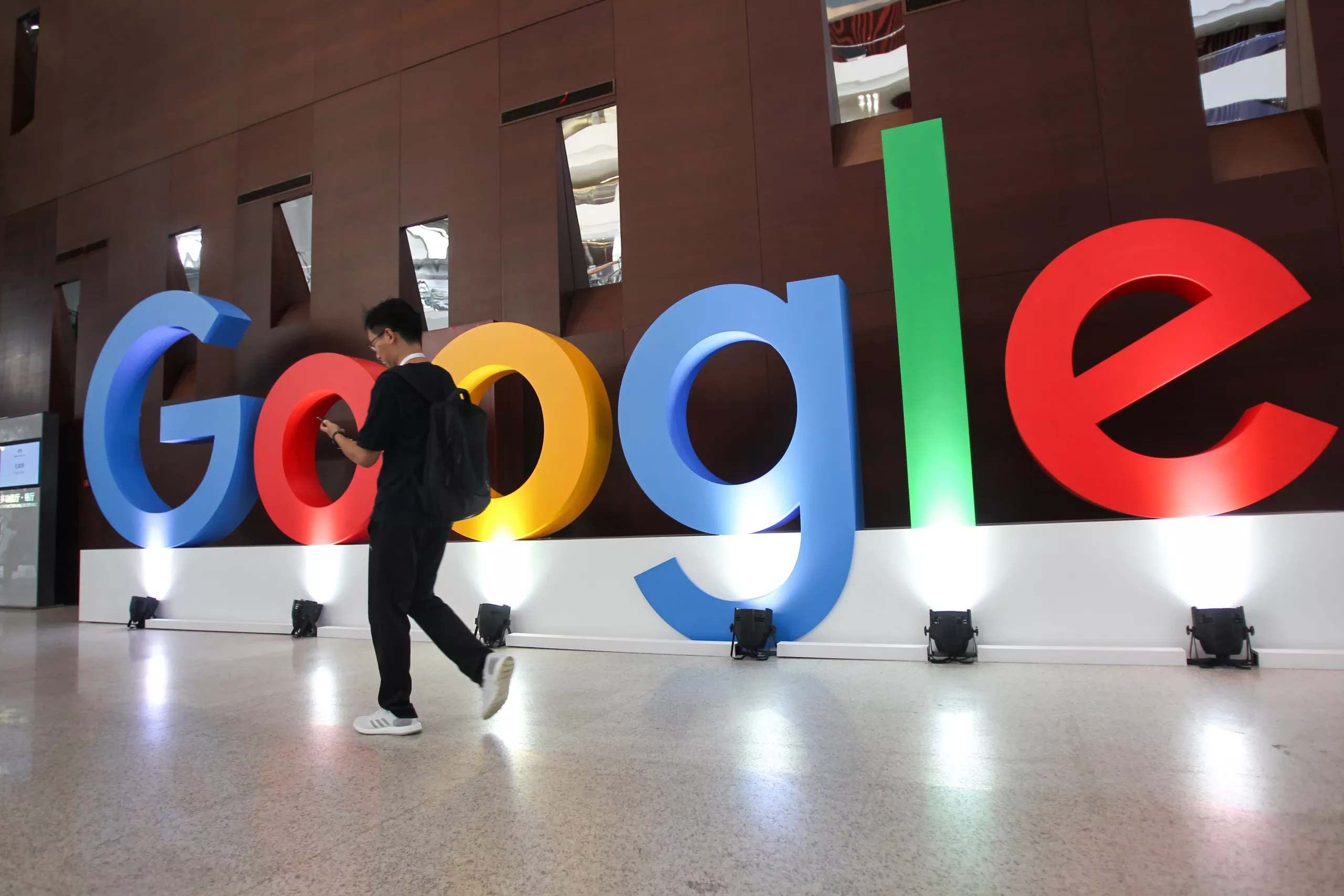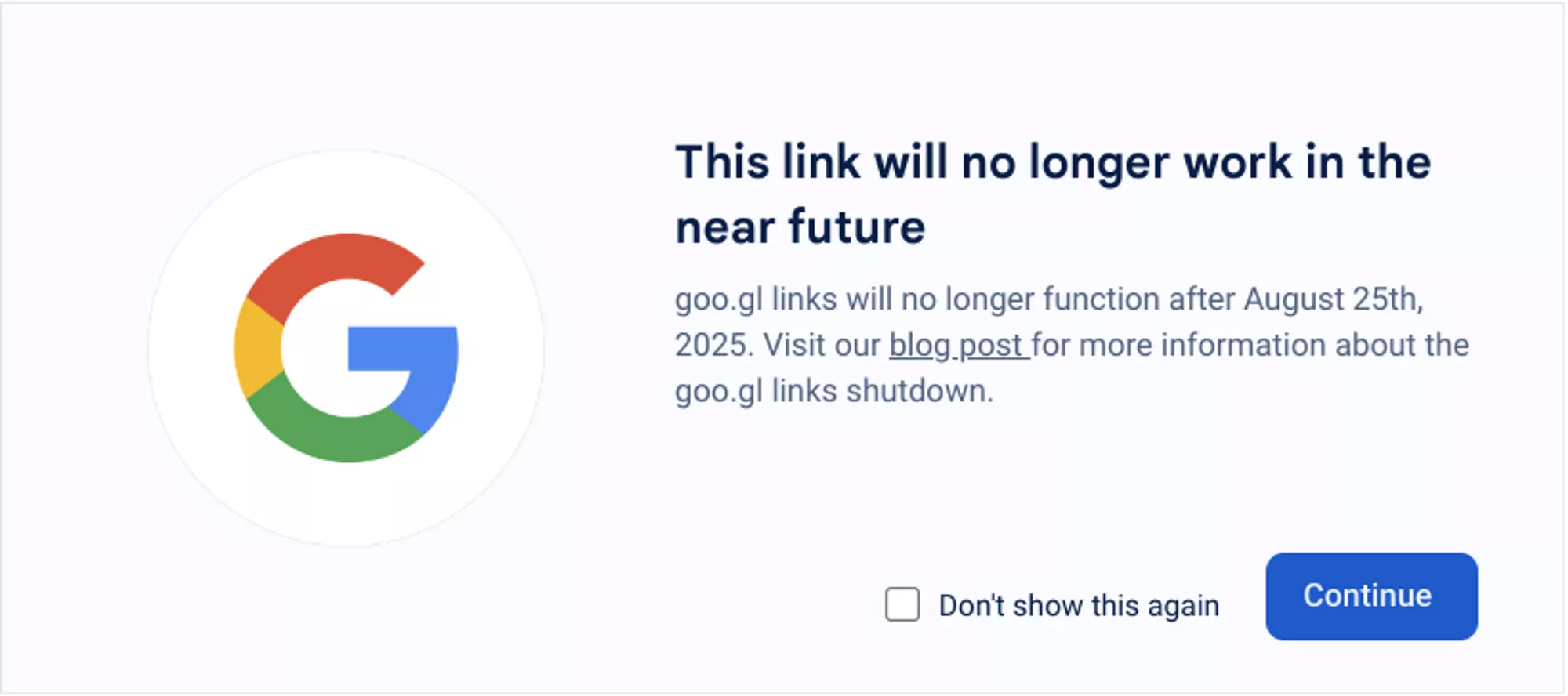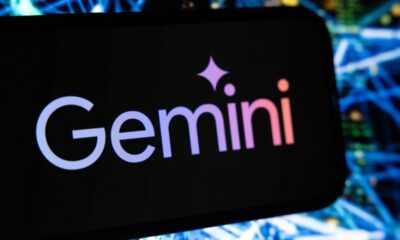Tech News
Billions of URLs using Google’s link shortener will stop working in 2025

Link Rot and the Demise of Google’s URL Shortener Service
Link Rot: URL shortening is a technique designed to turn long web addresses into shorter, more manageable links. While this process can simplify things for web visitors, it can also introduce a new point of failure to the already fragile internet infrastructure, as Google is set to demonstrate.
Recently, Google announced that links created through its URL shortener service, known as goo.gl, will cease to function. Despite being deprecated a few years ago, old goo.gl links continued to work until now. However, starting August 25, 2025, any URL starting with “goo.gl/” will lead to a 404 HTTP error response instead of redirecting to the original webpage.
In 2018, Google deprecated the URL shortener service and encouraged developers to switch to Firebase Dynamic Links, which have now also been phased out. Although Google continued to resolve existing goo.gl links, new ones could no longer be created. The company attributed this decision to the proliferation of other popular URL shortening services that are still thriving today.
Developers still relying on goo.gl links will need to address this change, but Google is giving them a year to prepare. Starting August 23, 2024, a percentage of goo.gl links will display an interstitial page warning users about the upcoming expiration in 2025 before redirecting them to the intended destination.
As the shutdown date approaches, the frequency of these warning pages will increase, allowing developers to identify and update any affected links before they result in a 404 error. Google cautioned that interstitial pages may impact link redirections, but users can manually suppress the warning by adding the query parameter “si=1” to goo.gl links.

The landscape of the web has evolved significantly since 2018, with URL shorteners losing popularity in favor of mobile apps and experiences. Additionally, issues like link rot and AI-generated content have made the web a less reliable source of information than it once was.
-

 Destination8 months ago
Destination8 months agoSingapore Airlines CEO set to join board of Air India, BA News, BA
-

 Breaking News10 months ago
Breaking News10 months agoCroatia to reintroduce compulsory military draft as regional tensions soar
-

 Gadgets3 months ago
Gadgets3 months agoSupernatural Season 16 Revival News, Cast, Plot and Release Date
-

 Tech News12 months ago
Tech News12 months agoBangladeshi police agents accused of selling citizens’ personal information on Telegram
-

 Productivity11 months ago
Productivity11 months agoHow Your Contact Center Can Become A Customer Engagement Center
-

 Gadgets3 weeks ago
Gadgets3 weeks agoFallout Season 2 Potential Release Date, Cast, Plot and News
-

 Breaking News10 months ago
Breaking News10 months agoBangladesh crisis: Refaat Ahmed sworn in as Bangladesh’s new chief justice
-

 Toys12 months ago
Toys12 months ago15 of the Best Trike & Tricycles Mums Recommend























